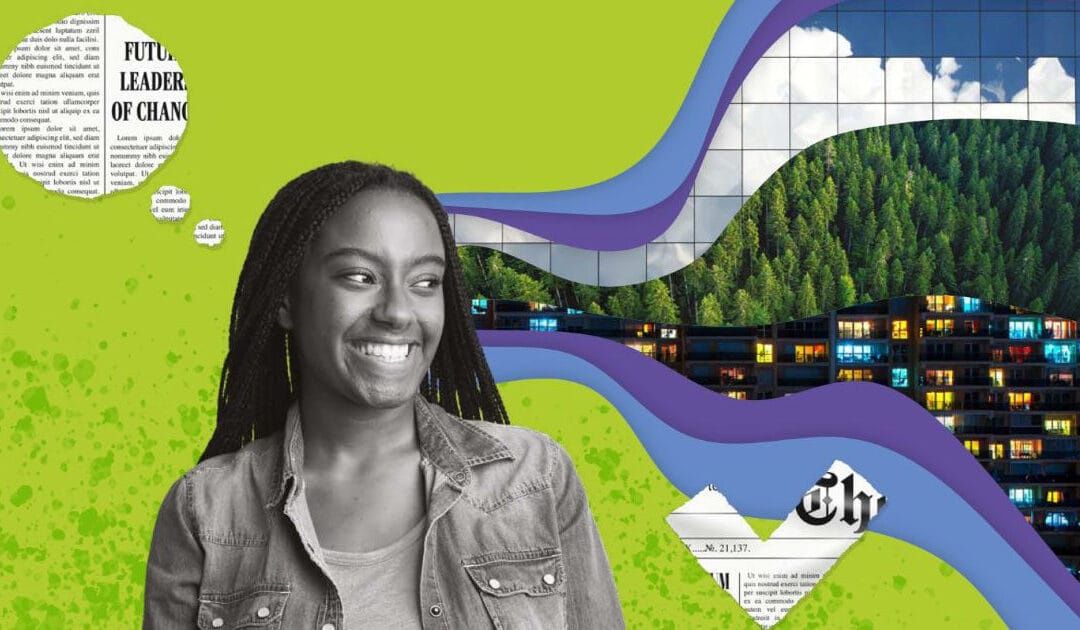
Jun 11, 2025 | Adaptability, Applied Science, Arts, Best Pratices, Business Studies, Challenge Based, Climate Action, Collective Action, Community Engagement, Critical Thinking, English, Exploratory Thinking, Futures Literacy, Gender Equality, Global and Local View, Goals, Concepts and Dilemmas, Good Health and Well-Being, Good Pratices Examples, Individual Initiative, Industry, Innovation and Infrastructure, Interdisciplinary Approach, Lower Secondary (12-15 years), Partnership for the Goals, Political Agency, Problem Framing, Promoting Nature, Quality Education, Reduced Inequalities, Science, Social & Environmental Science, Social, Physical & Health Education, Supporting Fairness, Sustainable Cities and Communities, Systems Thinking, Teacher, Teacher LO - A, Teacher LO - B, Teacher LO - D, Teacher LO - F, Upper Primary (9-12 years), Upper Secondary (15-18 years), Valuing Sustainability, Whole School Approach, Whole School Approach, Workshop Activities
Intended End User: Teacher Age Group: Upper Primary; Lower Secondary; Upper Secondary School Curriculum: Science; Social, Physical & Health Education; Social & Environment Science; Arts; Business Studies; Applied Science Themes and Topics: Collective Action;...
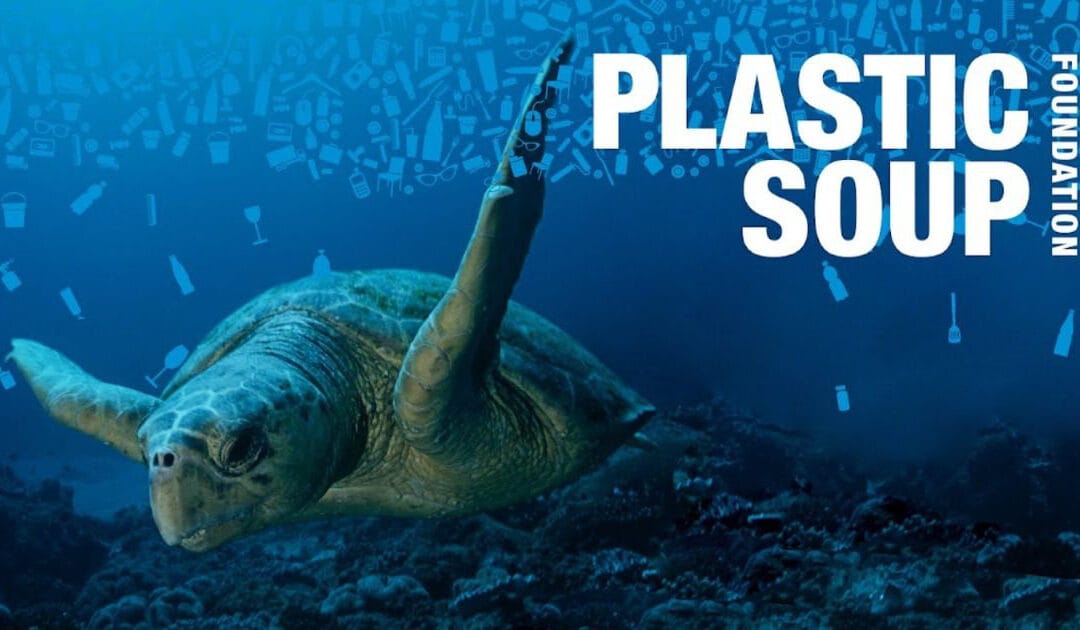
Jun 11, 2025 | Adaptability, Best Pratices, Collective Action, Dutch, English, Global and Local View, Goals, Concepts and Dilemmas, Good Health and Well-Being, Good Pratices Examples, Individual Initiative, Life Bellow Water, Lower Secondary (12-15 years), Problem Framing, Promoting Nature, Quality Education, Responsible Consumption & Production, Science, Social & Environmental Science, Social, Physical & Health Education, Systems Thinking, Teacher, Teacher LO - A, Teacher LO - B, Teacher LO - D, Tools and Frameworks, Upper Primary (9-12 years)
Intended End User: Teacher Age Group: Upper Primary; Lower Secondary School Curriculum: Science; Social, Physical & Health Education; Social & Environment Science Themes and Topics: Behaviour & Lifestyle; Collective Action; Food and Agriculture Duration:...
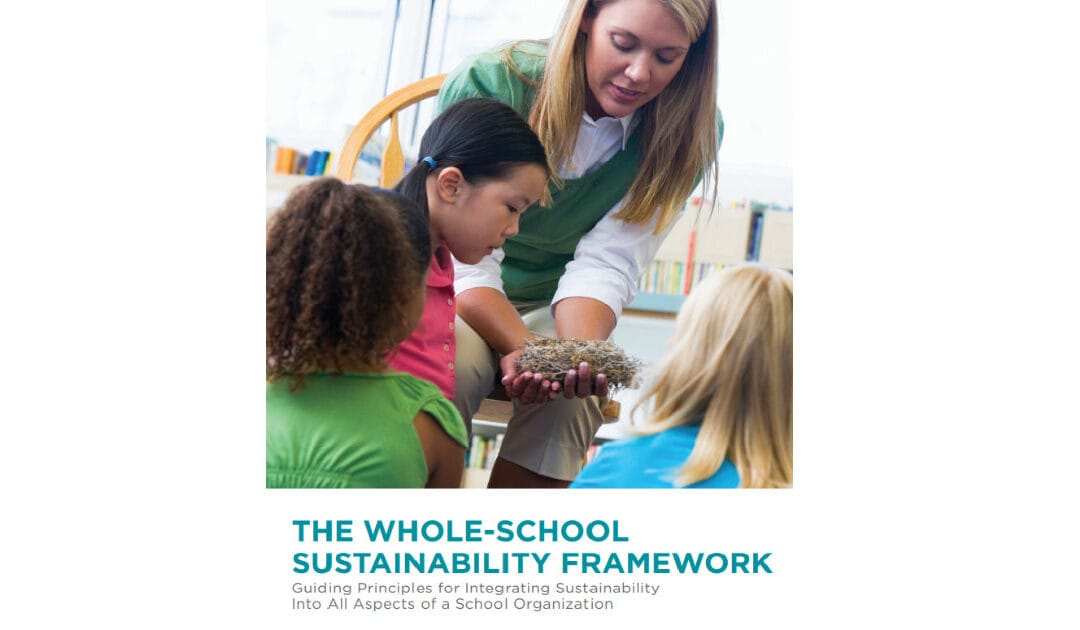
Jun 9, 2025 | Applied Science, Arts, Best Pratices, Climate Action, Collective Action, English, Exploratory Thinking, Goals, Concepts and Dilemmas, Good Pratices Examples, Interdisciplinary Approach, Languages, Leadership LO - B, Leadership LO - C, Leadership LO - D, Lower Primary (5-8 years), Lower Secondary (12-15 years), Maths, Peace, Justice, Strong Institutions, Promoting Nature, Quality Education, Responsible Consumption & Production, School Leader, Science, Social & Environmental Science, Social, Physical & Health Education, Supporting Fairness, Sustainable Cities and Communities, Systems Thinking, Teacher, Teacher Educator, Teacher LO - B, Teacher LO - C, Teacher LO - D, Tools and Frameworks, Upper Primary (9-12 years), Upper Secondary (15-18 years), Valuing Sustainability, Whole School Approach
Intended End User: Teacher, School Leader, Teacher Educator Age Group: Lower Primary; Upper Primary; Lower Secondary; Upper Secondary School Curriculum: Maths; Science; Social, Physical & Health Education; Social & Environment Science; Languages; Arts; Applied...
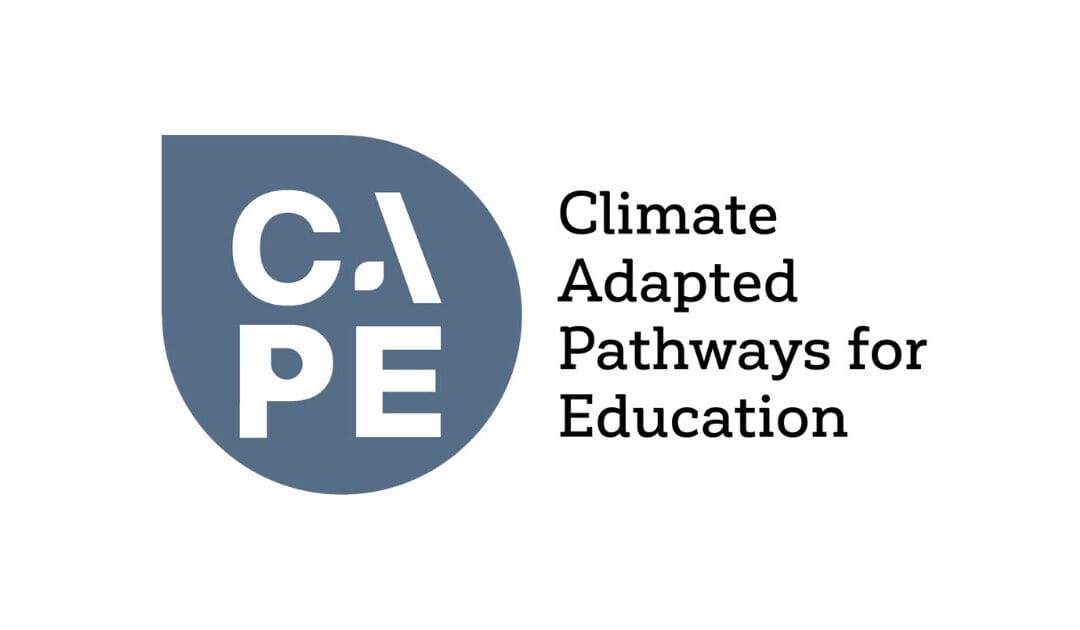
Jun 9, 2025 | Best Pratices, Climate Action, Collective Action, Community Engagement, English, Exploratory Thinking, Global and Local View, Goals, Concepts and Dilemmas, Good Pratices Examples, Interdisciplinary Approach, Leadership LO - B, Leadership LO - C, Leadership LO - D, Lower Primary (5-8 years), Lower Secondary (12-15 years), Partnership for the Goals, Problem Framing, Promoting Nature, Quality Education, School Leader, School Leadership, Supporting Fairness, Systems Thinking, Upper Primary (9-12 years), Upper Secondary (15-18 years), Valuing Sustainability, Whole School Approach
Intended End User: School Leader Age Group: Lower Primary; Upper Primary; Lower Secondary; Upper Secondary School Curriculum: School Leadership Themes and Topics: Energy Use and Production; Behaviour & Lifestyle; Collective Action; Environmental Change; School...
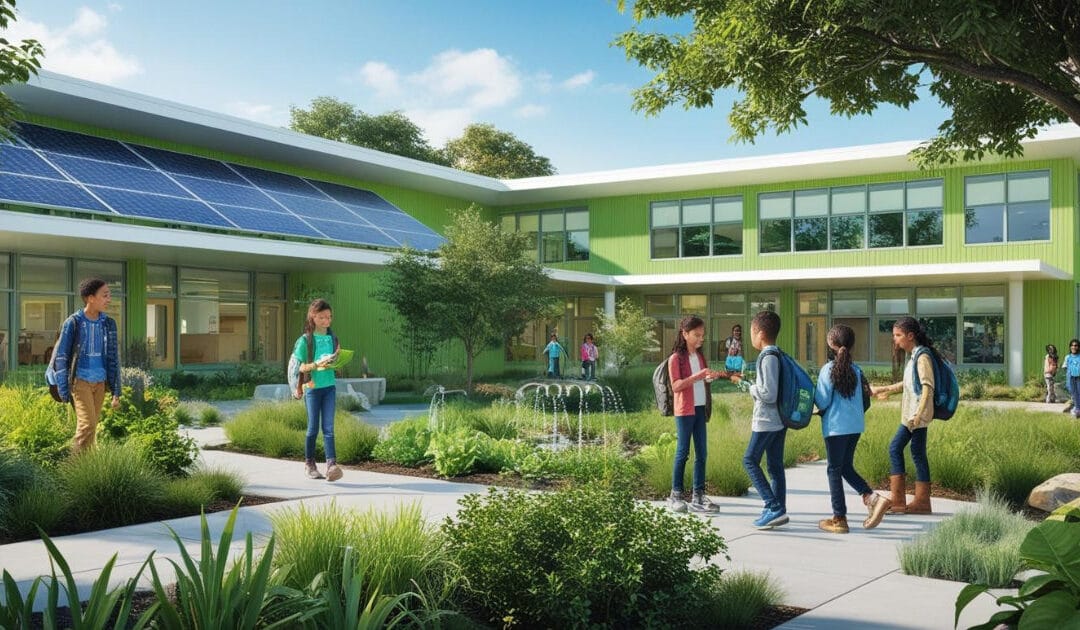
Jun 9, 2025 | Adaptability, Affordable and Clean Energy, Applied Science, Best Pratices, Business Studies, Climate Action, Collective Action, Community Engagement, Critical Thinking, Czech, English, Exploratory Thinking, Futures Literacy, Global and Local View, Goals, Concepts and Dilemmas, Good Pratices Examples, Individual Initiative, Interdisciplinary Approach, Languages, Leadership LO - A, Leadership LO - B, Leadership LO - C, Leadership LO - D, Leadership LO - F, Lower Secondary (12-15 years), Peace, Justice, Strong Institutions, Political Agency, Problem Framing, Promoting Nature, Quality Education, Responsible Consumption & Production, School Leader, School Leadership, Science, Social & Environmental Science, Social, Physical & Health Education, Supporting Fairness, Systems Thinking, Teacher, Teacher LO - A, Teacher LO - B, Teacher LO - C, Teacher LO - D, Teacher LO - F, Tools and Frameworks, Upper Secondary (15-18 years), Valuing Sustainability, Whole School Approach, Whole School Approach
Intended End User: Teacher, School Leader Age Group: Lower Secondary; Upper Secondary School Curriculum: Science; Social, Physical & Health Education; Social & Environment Science; Languages; Business Studies; Applied Science Themes and Topics: Behaviour &...
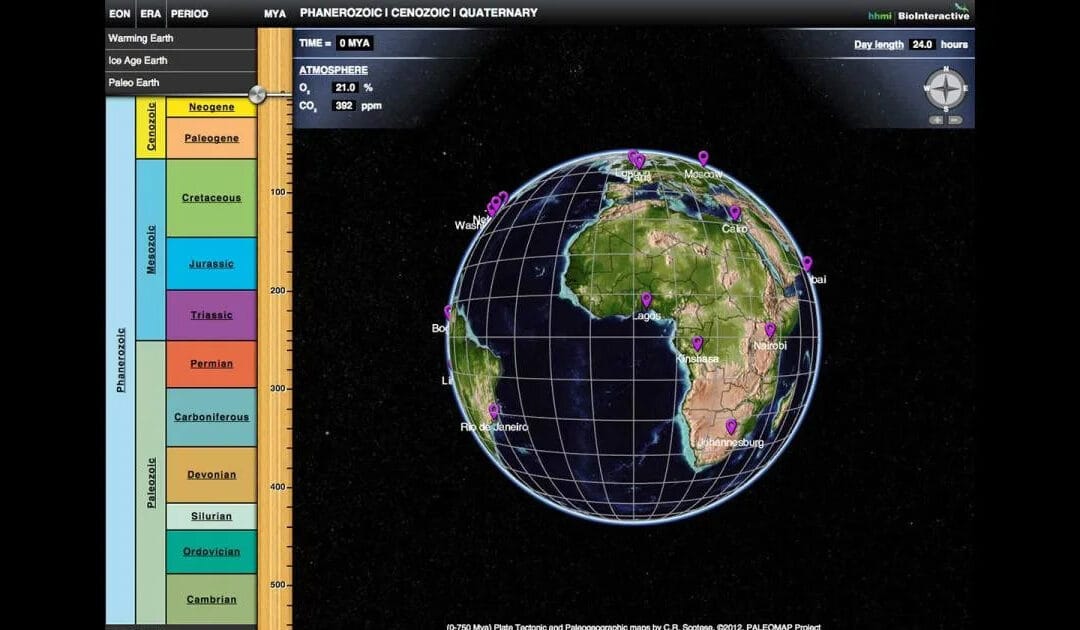
Jun 9, 2025 | Adaptability, Applied Science, Best Pratices, Climate Action, Critical Thinking, English, Exploratory Thinking, Futures Literacy, Global and Local View, Goals, Concepts and Dilemmas, Good Pratices Examples, Interdisciplinary Approach, Life on Land, Lower Secondary (12-15 years), Promoting Nature, Quality Education, Science, Social & Environmental Science, Systems Thinking, Teacher, Teacher Educator, Teacher LO - A, Teacher LO - B, Teacher LO - C, Tools and Frameworks, Upper Secondary (15-18 years), Valuing Sustainability, Workshop Activities
Intended End User: Teacher, Teacher Educator Age Group: Lower Secondary; Upper Secondary School Curriculum: Science; Social & Environment Science; Applied Science Themes and Topics: Environmental Change; Futures Thinking; Information & Knowledge; Pedagogy...








